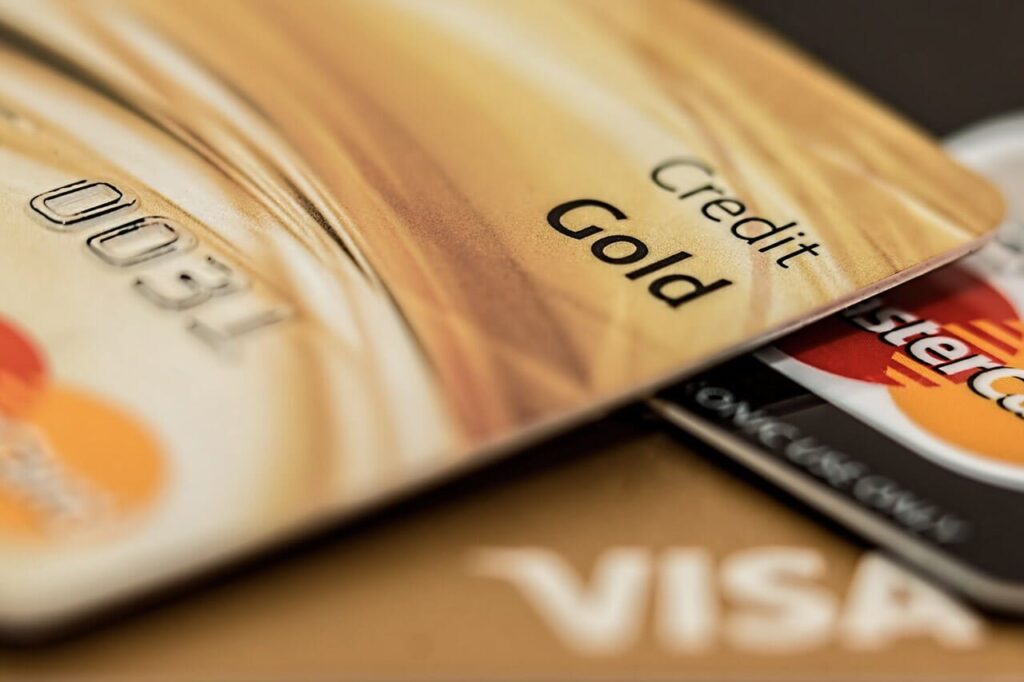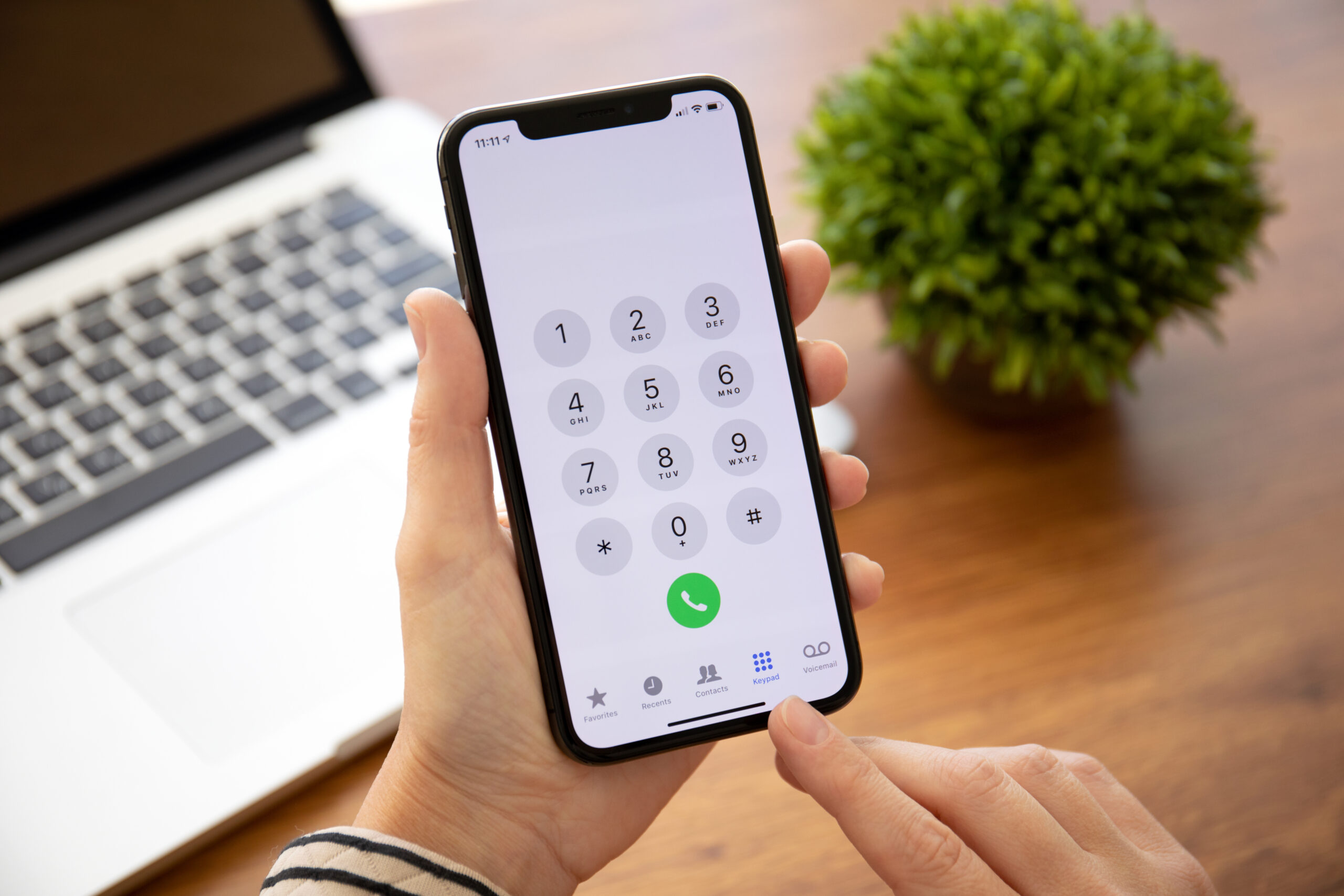How to open a business bank account

Whether you’re dipping your toes into the world of freelance or setting up a small business, you’re probably going to need a business bank account. Not only will this make it easier to handle your budget, keep track of expenses and manage employee pay (if you have them), it’ll also make you feel like you run a proper business – which you do!
The thought of opening a business bank account can seem stressful. But worry not, we’ve done the hard graft for you, all you need to do is follow these simple steps and you’ll be up and running in no time.
Why should I bother?
So you’re thinking, do I even need a business account? To answer that question, let’s step think about how it might look to HMRC if you’ve got some hefty business transactions coming into your personal account – dodgy, right?! Exactly, so to avoid any unwanted attention from the powers at be, a business account is definitely the way to go.
Using a business account will also make it easier for you to sort out your taxes and let the good people at HMRC know exactly how much dough you’ve made. It’s a win-win for both of you!
Where should I start?
First things first, get some professional advice. You’re going to need to know exactly what kind of accounts you’ll need, and you may even need more than one depending on the size and type of business you run. To make the process easier for you, it’d be a good idea to pick the brain of a knowledgeable accountant.
Luckily for you, many accountants specialise in small businesses and are therefore more accommodating to your budget and understanding of your needs. Take Mazuma, for example – we’re an online accountancy firm that specialise in supporting small businesses. Feel free to contact us for more information. We’d be happy to help!
Next step: it’s all in the name
If you’re setting up a business that’s under a different name from your own, you can set up as a private limited company in the UK. To do this, you’ll need a number of things, including an address for the company. This will need to be registered with Companies House, and on the website you’ll be able to check whether your punny (or serious) name has already been taken!
For more info on Companies House and to find out exactly what you need, check out the HMRC website for all the nitty gritty detail.
Which bank should I use?
So you’ve got your company name and had some advice from your trusty accountant – you’re now armed with the knowledge you need to choose the right bank for your business.
Not all banks are created equal, so don’t just go with the same bank you’ve got your personal accounts with. It’s worth shopping around as many banks offer different business options depending on your needs. For example, some offer access to finance and borrowing to help you start up, others offer lower banking costs if you’re sticking tight to a budget. Comparison websites such as MoneySuperMarket are a great source of information to help you find the right bank.
Last step: get your affairs in order
You’re nearly there – you’ve set up your company and settled on a bank that’ll help you reach your financial goals.
Once you’ve chosen the bank you’ll be using, you’ll most likely need to go in to the branch in person to set up the account. You’ll definitely need some ID, proof of address and contact details – but every bank is different so make sure you check ahead to avoid disappointment.
Ready for lift-off!
Bish bash bosh! You’ve now got everything you need to get started on your new business venture. As soon as you’ve opened your bank account you can start keeping track of expenses, payroll and any taxes you owe. Keep on top of it and you’ll be feeling very proud of yourself when it comes to filing your taxes at the end of the year. Good luck!






